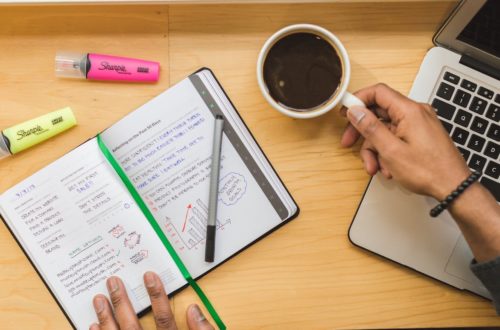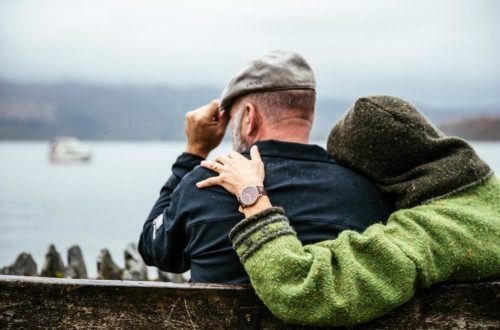How to Live Your Life as an Exploration and a Possibility
Written By: Sanderson Sims
It seemed to have started rather innocently in the 1990s with America On Line’s catchy phrase “You’ve got mail!” Hotmail, Yahoo, and Gmail soon excelled at organizing and delivering our digital mail in record time. At the beginning of the 21st Century, iPhones and other smart devices emerged and what followed were news and information sources coming from any number of platforms: Facebook, Twitter, Instagram, TikTok.
Since then we have entered a complex and bewildering environment in which the forces of technology seem to have captured much of our attention. Our addiction to immediate data has become so prevalent that no matter where we go, and often when in the company of others, many of us remain glued to our phones, thus creating a new meme called “together but alone.”
In this digital world there is truth versus propaganda, morality versus fear and an indistinguishable line between news and opinion. Daily and hourly we are informed of the impending challenges and changes affecting our climate and economics, the increasing divide between the haves and have nots, the prospects of artificial intelligence running amok, and any number of conflicts taking place in the world. It can be an intensely chaotic landscape to navigate.
Perhaps an understandable and natural reaction might be to just give up. Or to just give in, becoming a consumer of the “newstainment,” or a follower and disciple of those promising to fix it all. This can be challenging for elders who are striving to keep up with technology. But for the young, there is an even greater struggle ahead — finding balance in a life that will be subjected to a never ending, accelerating pace of change.
With so much competing for our attention, perhaps we might turn to the sage advice of Steven Covey who wrote the best seller The Seven Habits of Highly Effective People. His first principal is to put “first things first.” Therefore, I maintain that the very first thing we need to do is ask a good question.
Not to be cheeky, but I propose that this question actually be: “What is the most important question I should be asking?” By asking ourselves this, we seek to rise above the chaos and to aim for a higher purpose. This can help us frame our lives as an exploration and a possibility.
Joseph Campbell, an author and scholar of mythology, referred to an individual’s life as “The Hero’s Journey.” By exploring the world’s cultural stories and myths, Campbell found a common thread, which is that there remains a divine mystery to our existence and that we must each travel the road of life to find the answers. By keeping an open mind, and not becoming an opinionated know-it-all, we remain open to living life as a question. This creates a more dynamic and satisfying experience allowing for the unique unfolding of our own personal journey.
Questions allow us to stay in “beginner’s mind” and to find our answers from any number of sources — whether from a person, book, film, adventure, etc. We can then determine for ourselves whether we “resonate” with the information or not. There’s a lot to unpack here in these statements, but give them a moment to sink in.
Each answer in this fashion leads to the next question and so forth. If you are following the war in the Ukraine, for example, you have no doubt noted that the biggest obstacle to the Ukrainian military forces progress is navigating the enemy’s mine fields, which are extremely large. Perhaps this can be a metaphor for life: How do we individually navigate the mine fields, or in this case the mind fields, of so much challenge and change? I maintain that identifying and asking the best possible questions for ourselves is what will lead to the best outcomes.
This process or technique gives each one of us our own personal roadmap —which can help us cope with the volume of information, the speed of technological change, and our search for balance. Ultimately, it is balance that we seek, which seems to provide the ultimate form of human happiness. Many find that equal portions of play, work, attending to home life, and spiritual development is the winning combination.
For some, fine tuning may be a daily meditation practice and/or exercise routine. For others it may be a conscious practice of being mindful in the moment, acknowledging that the present moment is the creative point for the next step. Perhaps we are ultimately looking to achieve the “flow” state, an idea coined by Mihaly Robert Csikszentmihalyi, a Hungarian-American psychologist, who recognized this as a highly focused mental state conducive to productivity.
The idea here is that once we embrace this personal habit of “asking the right questions” those things that have created so much frustration and confusion will slowly give way to an unfolding and more orderly resolution. A path forward emerges through the mind fields. Finally, it is always important to acknowledge that each of us has way more power than we believe we have. This process of asking questions and staying in beginner’s mind is a pathway to finding your own realm of personal power.
Edited by: Susanne Sims
Photo by: Burst Photos


